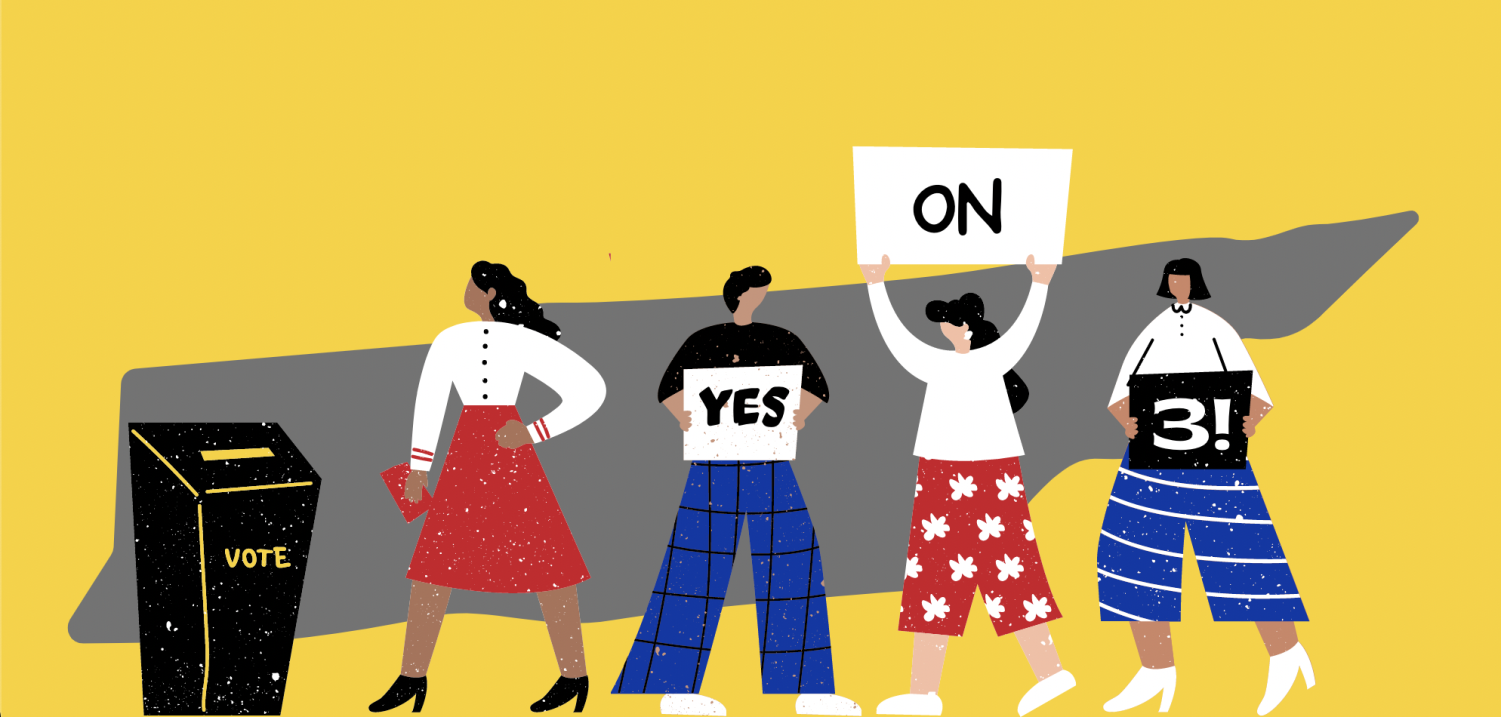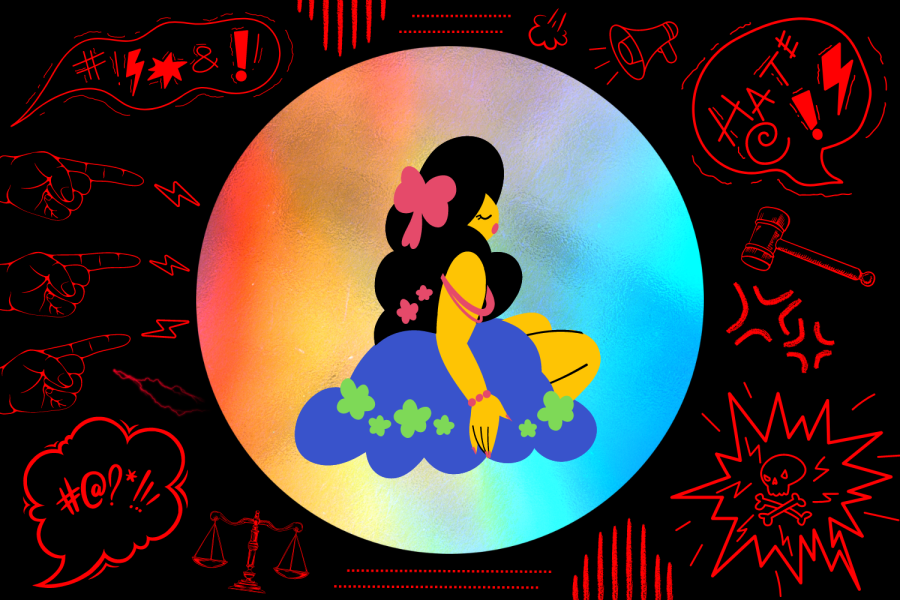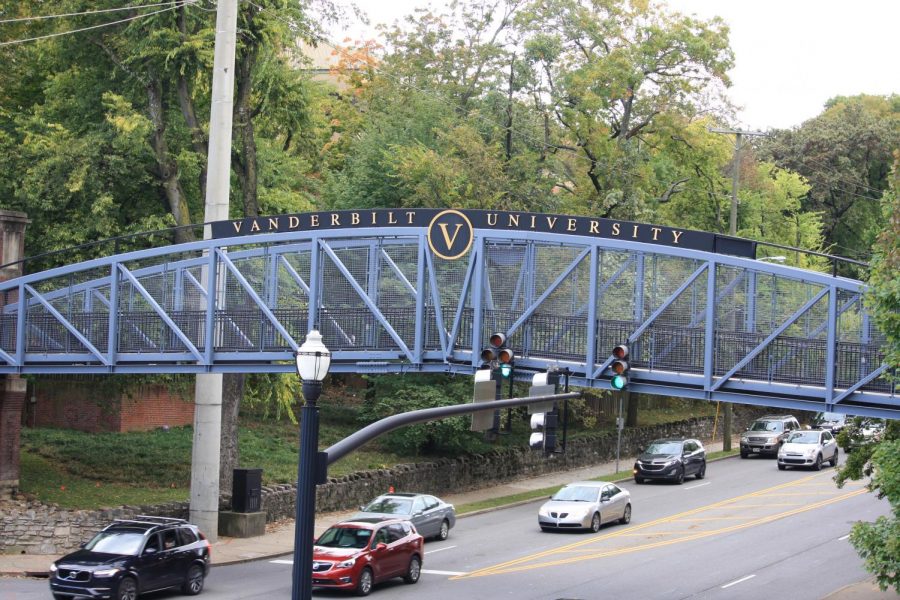For many Americans, the terms “slavery” and “involuntary servitude” are reminiscent of a period in American history that came to an end centuries ago. Most Americans would be shocked to find out that in many states, conditions of human enslavement are still in fact legal and practiced through prison labor.
In 1865, the Thirteenth Amendment to the U.S. Constitution was ratified, abolishing all slavery and involuntary servitude—except if the individual had been convicted of a crime. This “exceptions clause” is the legal precursor to the racially-biased system of mass incarceration that the U.S. practices today.
The rapidly growing prison labor industry first began exploiting people of color through the Black Codes in the 1800s. The Black Codes created a legal system of oppression against Black Americans that is considered the predecessor to Jim Crow laws. Through the Black Codes, several Southern states, including Tennessee, passed vagrancy laws that allowed Black people to be arrested if they didn’t have a job or permanent residence. If those individuals couldn’t pay the fine imposed on them, they would be eligible via the Thirteenth Amendment to be enslaved.
The Black Codes was the start of the conflation between incarceration and racism, and, looking at statistics of the racial makeup of America’s prisons, it certainly wasn’t the end. Despite making up 13% of our nation’s population, Black Americans represent nearly 40% of our prison population today. An ACLU report published in June 2022 found that, of the 1.2 million individuals currently incarcerated in the U.S., nearly 800,000 of them are forced to work. The same report found that incarcerated individuals in Tennessee are threatened with solitary confinement if they refuse to work.
Around 80% of prison labor involves basic prison maintenance, which largely benefits the prison system itself, rather than those incarcerated. Modern prison maintenance work and the field work that Black, enslaved individuals were forced to do prior to the Civil War both empower the system of oppression that imprisoned them in the first place. While serving a prison sentence is inherently different from enslavement, this parallel demonstrates that traces of this old system remain in today’s criminal system. And, while not all prison labor is reminiscent of slavery—certain factors must be present for it to not be considered as such—traces remain. The International Labor Organization suggests that free prison labor must include “the right to written consent forms, wages and working hours comparable to those of free workers, and standard health and safety measures.” If these indicators are not present, incarcerated individuals are vulnerable to modern slavery.
As a student at Vanderbilt, it can be easy to feel disconnected from the politics of Tennessee. Yet, it’s necessary for our student body to remember that we do not exist inside of a bubble—our campus is inextricably connected with the state of Tennessee.
This fact is further demonstrated in a 2016 empirical study that demonstrates that prison work assignments are also racially charged. Black men were found to be disproportionately placed in agricultural or prison maintenance positions—the work most likely to provide zero monetary compensation when compared to other prison labor options. White men, on the other hand, more commonly received public work assignments, which are often the highest-paying assignments. On top of being forced to work, incarcerated individuals do so with little to no labor protections. The Fair Labor Standards Act that institutes minimum wage, the National Labor Relations Act that allows for collective bargaining and the U.S. Occupational Health and Safety regulations that mandate safe working spaces all exclude incarcerated individuals.
On Nov. 8, voters in Tennessee have the chance to amend their state constitution and abolish legal slavery. Constitutional Amendment 3 would revise the language used in Article 1, Section 33 of Tennessee’s Constitution—“That slavery and involuntary servitude, except as a punishment for crime, whereof the party shall have been duly convicted, are forever prohibited in this state”—to “Slavery and involuntary servitude are forever prohibited.”
This abolition movement, called “Yes on 3,” has picked up steam across Tennessee thanks to the efforts of various organizations around the state. Activist groups like Free Hearts, which promotes the reunification and empowerment of families impacted by incarceration, have dedicated hours to phone banking, canvassing and spreading awareness that all forms of slavery are not welcome in Tennessee. The passage of Amendment 3 represents a crucial step towards improving prisoners’ rights and labor conditions within Tennessee.
One of these dedicated activists is Jeremy White, who served a 22-year sentence from the age of 19. White is now the founder of Double R Strategies & Consulting, which works with government agencies, nonprofits and corporations to better support and include justice-impacted individuals in their organizations.
“It’s important to become a part of the Say Yes on 3 campaign because you may find yourself in the criminal justice system, and if you are not in the business of being subject to slavery, Vote Yes on 3!” White said in a message to The Hustler.
We owe it to our fellow community members to stand up for what is right—and Yes on 3 is right.
As a student at Vanderbilt, it can be easy to feel disconnected from the politics of Tennessee. Yet, it’s necessary for our student body to remember that we do not exist inside of a bubble—our campus is inextricably connected with the state of Tennessee. As Service Chair of Vanderbilt Prison Project, I’ve interacted with many service-based organizations in Nashville that aid justice-impacted individuals, such as Free Hearts and Dismas House. Time and time again, the leaders of these incredible organizations have emphasized the power that Vanderbilt has in the state of Tennessee and the power that the student body holds as a result. Vanderbilt is a highly respected institution in the state of Tennessee—our campus has an immense amount of untapped activism potential that can make a difference in this campaign. It is crucial that Vanderbilt’s student body is aware of the important issues at stake on the ballot this election season, even if we don’t perceive them as affecting us individually. We are all part of the greater Nashville community, as well as the state of Tennessee. We owe it to our fellow community members to stand up for what is right—and Yes on 3 is right.
If you’re interested in joining the movement, you can sign up to volunteer for Yes on 3 here. You can choose to help with phone or text banking, canvassing or spreading awareness through yard signs or social media. Additionally, Vanderbilt Prison Project will be hosting a tabling event outside of Rand during the week of Oct. 24 where you can learn more about the project and why you should volunteer for the campaign.
Revising the language in Tennessee’s Constitution to abolish the exceptions clause would be a necessary victory and step toward improving the labor conditions and promoting the rights of incarcerated individuals within the Tennessee prison system and U.S. criminal system as a whole. Use your voice as a Vanderbilt student and stand up for the incarcerated population of Tennessee by voting Yes on 3.








